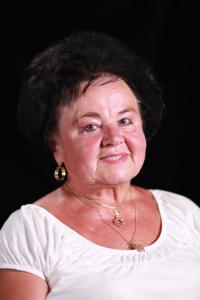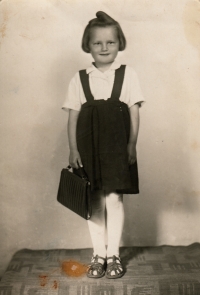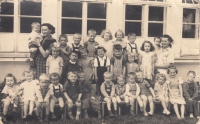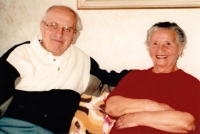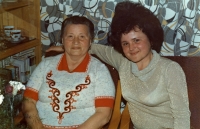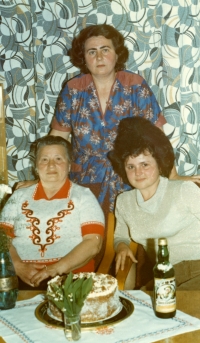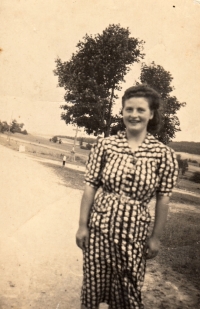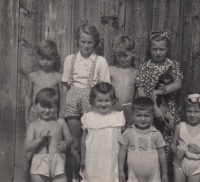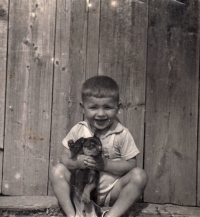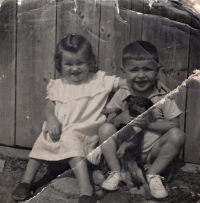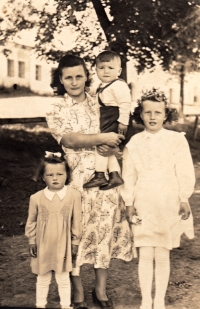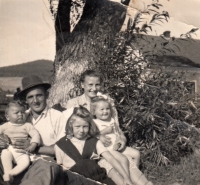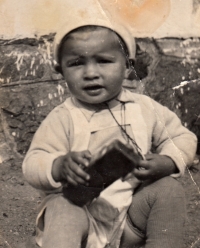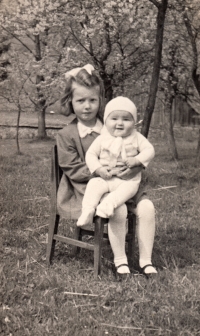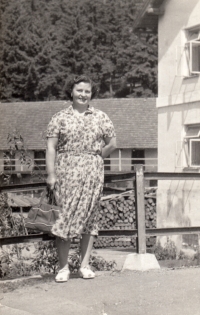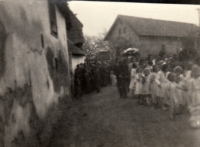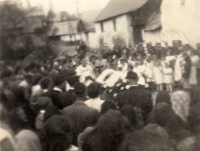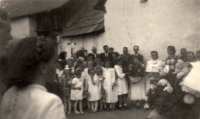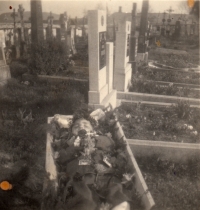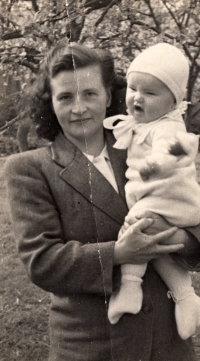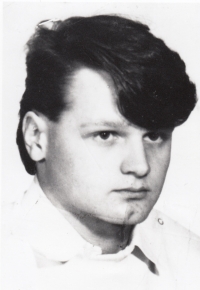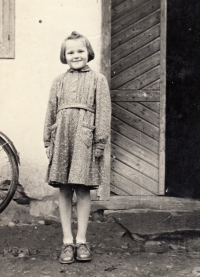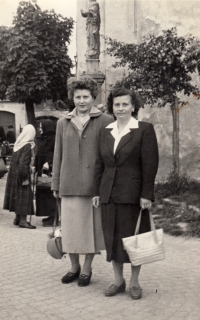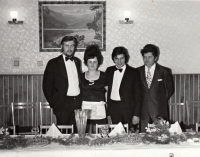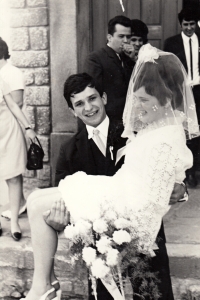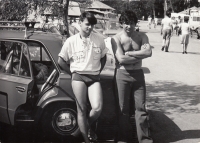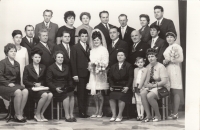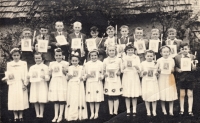The communists broke up my family

Download image
Marie Štráchalová, born Pavelková, was born on August 31, 1946 in Prachatice. She grew up with her older sister Jaroslava and her younger brother Václav in Záblatí near Prachatice. In 1952, State Security arrested Marie’s parents Marie and Adolf Pavelka, and in a Kangaroo court, the communists sentenced them to seven and eight years. During her parents’ stay in prison, the witness grew up with her relatives, separated from her siblings. Her brother Václav drowned in 1954. From 1957, after the parents’ return from prison, the Pavelkas lived together again in Vimperk. Marie trained to be a seamstress and worked in a textile company. In 1968, she married Miroslav Jelínek, and their son Miroslav was born the following spring. Since 1969, the witness lived in Kolínec in the West Bohemian Region. She worked in hospitality industry. In 2003, her son Miroslav died in a traffic accident. Marie got divorced and moved to Vimperk. In 2006, she married Vlastimil Štráchal. In 2021, Marie Štráchalová lived in Vimperk.
